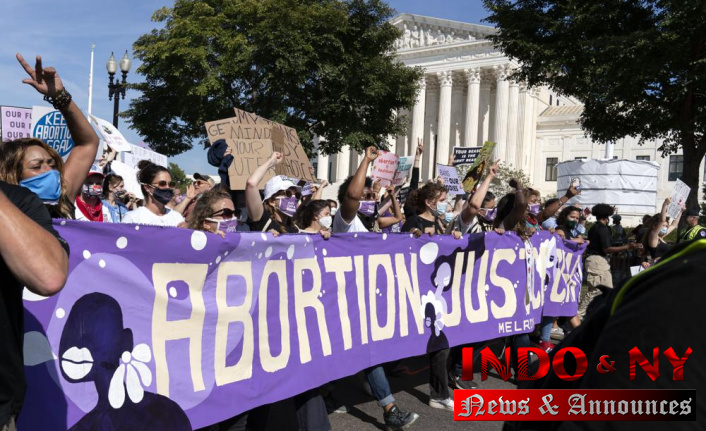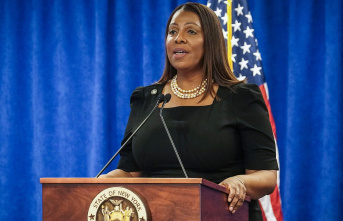According to the Department of Health and Human Services, the new regulation will bring the federal family planning program back to how it was under Obama's administration. Clinics could refer women to providers when they were able. HHS Secretary Xavier Becerra stated that the goal is to "strengthen" and "restore" services.
Representatives of the clinics expressed hope that the Biden administration will allow some 1,300 facilities to leave in protest at Trump's policies. This will help stabilize a long-standing program, which was already shaken by the coronavirus virus pandemic and ideological battles.
Clare Coleman, the president of the umbrella group National Family Planning & Reproductive Health Association said that she heard people in almost every part of the country have decided that the conditions will be favorable for them to return the program. "My impression is that people have been waiting for this rule."
Planned Parenthood (the largest service provider) stated on Twitter that its health centers are looking forward to returning. The group criticised a Biden administration rule that allowed individual doctors who oppose abortion to not provide referrals. According to the administration, that was "in compliance with applicable federal law."
Title X is a taxpayer-funded program that provides more than $250 million a yearly to clinics for basic health care and birth control services, primarily to low-income women. Ex-President Donald Trump banned clinics from referring patients to abortions. This led to a mass exodus of service providers associated with Planned Parenthood and several other independent organizations.
Trump's policy was called a "gag rule" by women's groups, while medical organizations called it a violation to the physician-patient relationship. Religious and social conservatives were more enthusiastic about the policy's strict separation of family planning services from abortion. Federal law prohibits clinics from using federal funds to pay for abortions.
HHS estimates that the number of family planning clinics serving 3.9 million clients in 2018 was nearly 40% lower than the previous year. According to the agency, there may have been more than 180,000 unintended pregnancy due to the upheaval. More than 25% of clinics dropped out of the program. Even though several states offered their funding without strings attached, some women in certain parts of the country were still denied access.
Coleman said that this was in addition to service disruptions caused by COVID-19 shut downs.
Biden ran on the promise to repeal the restrictions on family planning clinics. However, abortion was not a major issue in the 2020 presidential election. It could become one during the 2022 midterm elections that will determine who controls Congress.
Texas, Mississippi, and other restrictive state laws have prompted an increase in abortion rights supporters. They fear that a conservative-leaning Supreme Court might overturn 1973 Roe v. Wade decision, which legalized abortion nationwide. There were hundreds of protests on Saturday that focused on abortion. One of them brought thousands of supporters of abortion rights to the court.
Although the Supreme Court allowed Texas' law to be in effect, it has not yet ruled on its substantive legal issues. This statute bans most abortions in Texas. Dec. 1 will see the Mississippi law being argued by the justices. This bans most abortions within 15 weeks of pregnancy.
Trump's appointment of three conservative justices has led to a shift in the court's direction. Twelve states have passed laws banning abortion if Roe is not overturned.
Nov. 8 will see the new abortion referral policy in family planning clinics.












